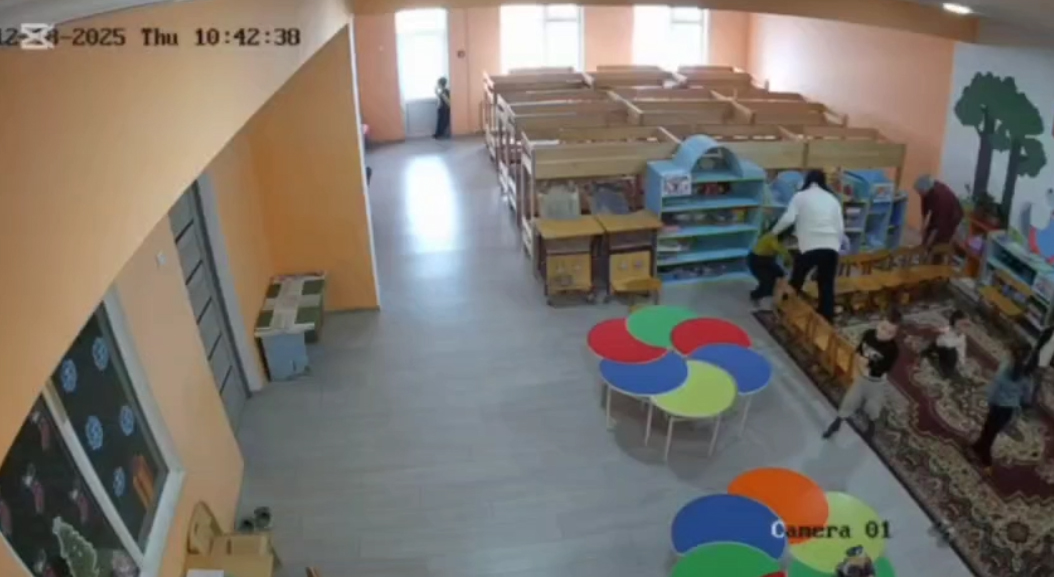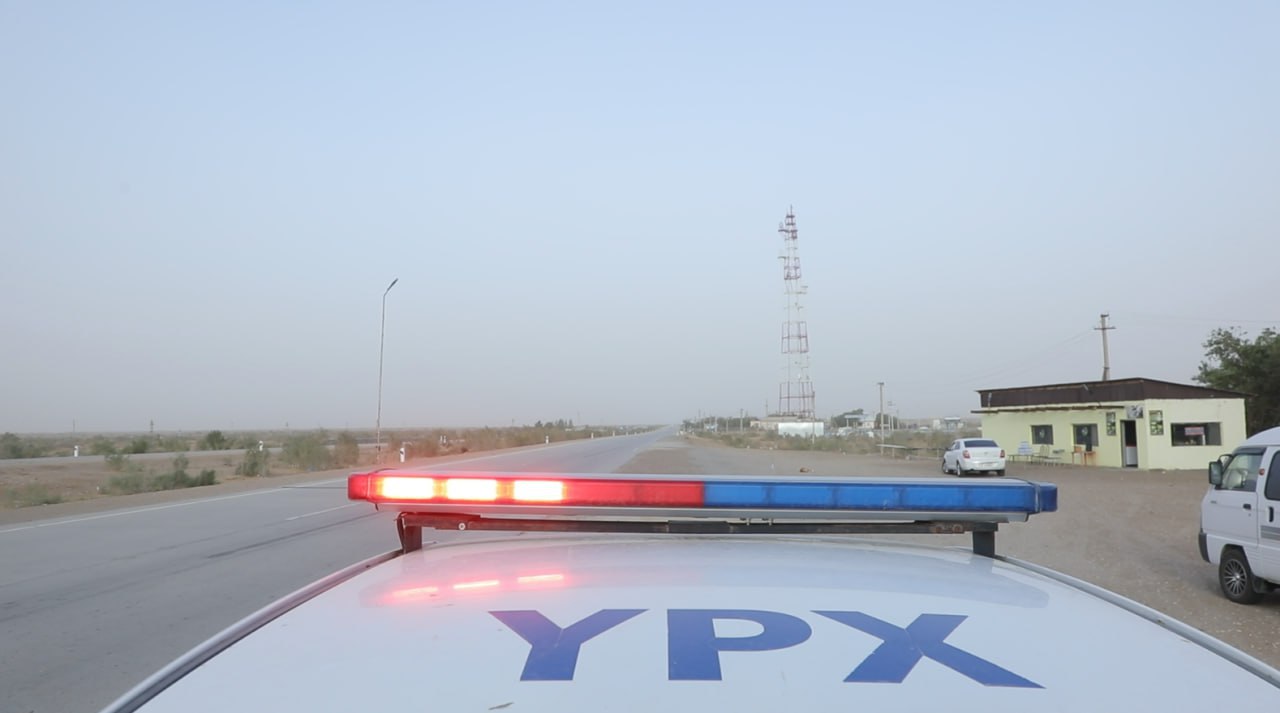Департамент общественной безопасности МВД накануне вечером заявил о том, что взрослым квадроберам, нарушающим общественный порядок, грозит до 15 суток ареста. Эта информация вызвала смешанные чувства. Вместо того чтобы раздувать борьбу с квадроберами до масштабов национальной проблемы, возможно, МВД стоит обратить внимание на серьёзные вопросы, от которых напрямую зависит жизнь людей.
Мы не защищаем квадробику и не утверждаем, что это явление не нуждается в регулировании. Однако очевидно, что эта проблема не ключевая в условиях, когда на дорогах страны ежедневно гибнут люди. Приоритеты правоохранительных органов должны быть направлены на решение реальных проблем, а не на борьбу с ветряными мельницами. Остается надеяться, что внимание к квадроберам не станет причиной игнорирования более серьёзных и опасных нарушений, которые действительно угрожают жизни граждан.
Квадробика как угроза обществу?
Согласно заявлению Департамента, квадробика может рассматриваться как угроза жизни и здоровью окружающих. В качестве примера приводится инцидент 10 и 11 октября, когда несовершеннолетний, изображая собаку, неожиданно появился перед прохожими, напугав их. Этот случай был квалифицирован как нарушение общественного порядка, которое, по мнению представителей МВД, оправдывает серьёзные санкции как в отношении детей, так и их родителей.
Без сомнения, подобные случаи могут вызывать дискомфорт и создавать неприятные ситуации для окружающих. Однако вопрос в том, действительно ли проблема квадроберов настолько значительна, чтобы посвящать ей такое внимание?
В Департаменте заявили, что за детей, вовлечённых в подобные инциденты, будут отвечать их родители, на которых может быть наложен штраф от 1 до 5 БРВ (от 375 тысяч до 1,8 миллиона сумов). Повторное нарушение в течение года повлечёт наложение штрафа от 5 до 10 БРВ (от 1,8 миллиона до 3,7 миллиона сумов).
Для взрослых квадроберов наказание будет строже — штраф от 3 до 5 БРВ (от 750 тысяч до 1,8 миллиона сумов) или административный арест до 15 суток. Их поведение будет квалифицироваться как действия, посягающие на общественный порядок, совершённые лицами, достигшими совершеннолетия (статья 183 Кодекса об административной ответственности — «мелкое хулиганство»).
Где настоящие проблемы?
Эти меры и риторика поднимают серьёзные вопросы о приоритетах правоохранительных органов. Похоже, что МВД предпочитает бороться с квадроберами, отвлекая внимание от более серьёзных проблем, таких как смертность на дорогах и повсеместные нарушения правил дорожного движения.
Ежедневно в Узбекистане происходят аварии с трагическими последствиями, многие из которых связаны с игнорированием элементарных правил дорожного движения. Пешеходы страдают от водителей, нарушающих скоростной режим и игнорирующих светофоры. Нарушения на дорогах стали повсеместным явлением, и статистика аварий и гибели на дорогах вызывает ужас. Возникает вопрос: неужели борьба с квадроберами для МВД важнее, чем спасение жизней на дорогах?
Борьба с ветряными мельницами?
Квадробика может раздражать и вызывать негативные эмоции, но является ли она реальной угрозой, требующей таких серьёзных мер, как аресты и крупные штрафы? Глядя на такие решения, создаётся впечатление, что МВД предпочитает решать относительно простые проблемы, вместо того чтобы сосредоточиться на сложных, но жизненно важных вопросах.
Контроль над дорогами и соблюдение правил дорожного движения — это сложный процесс, который требует систематических мер, внедрения современных технологий, повышения уровня подготовки сотрудников и строгого наказания для нарушителей. Это требует усилий и долгосрочных инвестиций, тогда как борьба с квадроберами — это быстрые результаты и показательная «работа».












